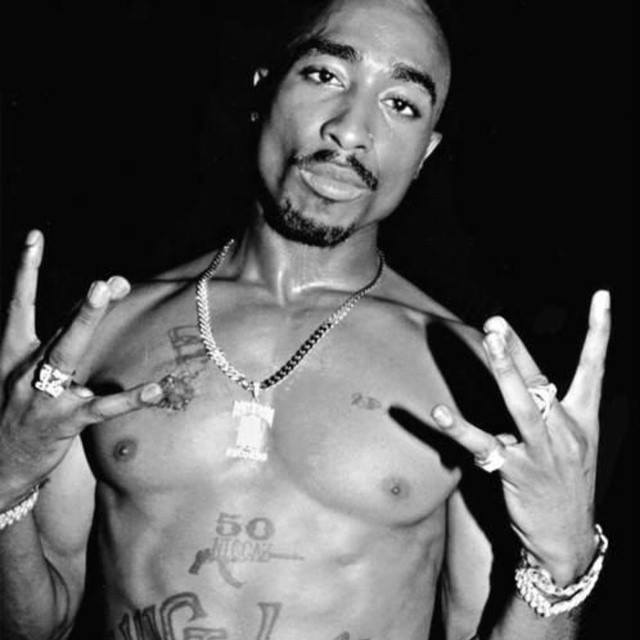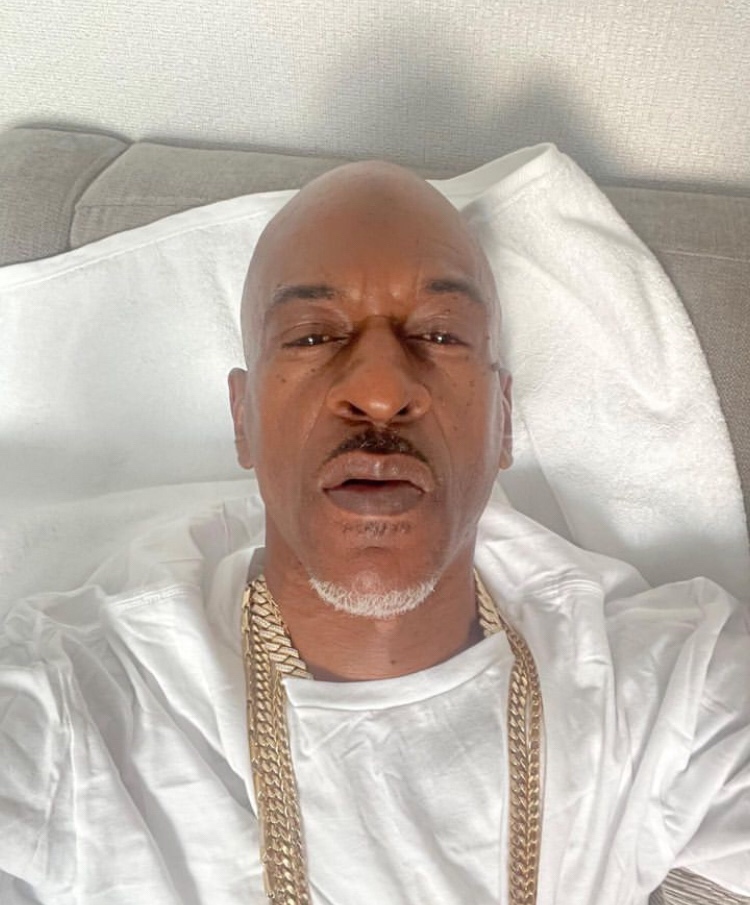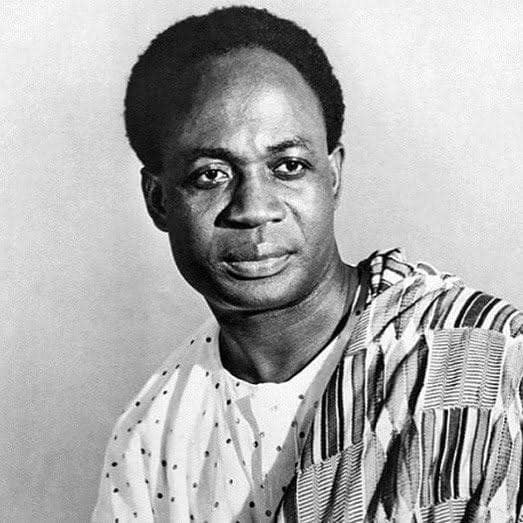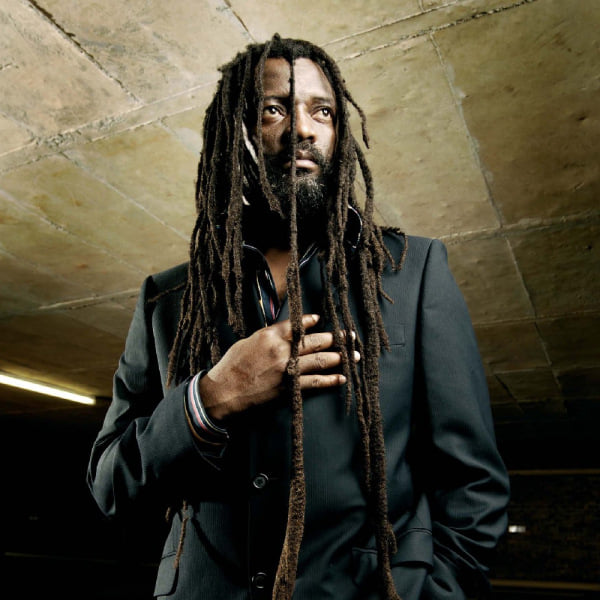
Robert Mugabe Biography

Robert Gabriel Mugabe was a prominent Zimbabwean politician and revolutionary who served as the Prime Minister of Zimbabwe from 1980 to 1987 and then as the President from 1987 until 2017. He was born on February 21, 1924, in Kutama, a British colony known as Southern Rhodesia at the time.
Mugabe was educated at Catholic schools and later attended the University of Fort Hare in South Africa, where he studied history and English. He went on to complete his higher education at the University of London, earning several degrees, including a Bachelor of Arts, a Bachelor of Administration, and a Bachelor of Education.
After returning to Rhodesia, Mugabe became involved in anti-colonial politics and joined the National Democratic Party (NDP) in the 1960s. He played a significant role in the fight against white minority rule and racial segregation in Rhodesia. In 1963, he helped found the Zimbabwe African National Union (ZANU), which aimed to achieve majority rule and independence.

Mugabe’s political activities led to his imprisonment for over a decade by the Rhodesian government. However, during his incarceration, he gained considerable support and became a prominent figure in the liberation struggle. In 1980, following negotiations mediated by the United Kingdom, Mugabe’s ZANU party won the general elections, and he became the first Prime Minister of independent Zimbabwe.
During his early years in power, Mugabe adopted a reconciliatory approach and focused on national unity and economic development. However, as time went on, his leadership style became more autocratic, and he implemented controversial policies that drew criticism from both domestic and international communities.
READ ALSO: 10 Animals In Tropical Rainforest
One of Mugabe’s most controversial policies was the land reform program, which aimed to address historical land imbalances inherited from the colonial era. The program involved the redistribution of land from white farmers to black Zimbabweans, often through violent and chaotic means. While the program was intended to empower the majority population, it resulted in economic disruptions and food shortages.

Mugabe’s rule was marked by allegations of human rights abuses, election rigging, and suppression of political opposition. He faced criticism for his handling of the economy, which suffered from hyperinflation and unemployment. The country’s decline led to international sanctions and strained relations with Western nations.
In 2017, under pressure from the military, Mugabe was forced to resign from the presidency after 37 years in power. He was succeeded by his former vice president, Emmerson Mnangagwa. Mugabe passed away on September 6, 2019, in Singapore, at the age of 95.
Robert Mugabe’s legacy is complex and polarizing. While he is celebrated by some as a liberation hero who fought against colonial oppression, others criticize his later years in power for their authoritarianism, economic mismanagement, and erosion of democratic institutions.





